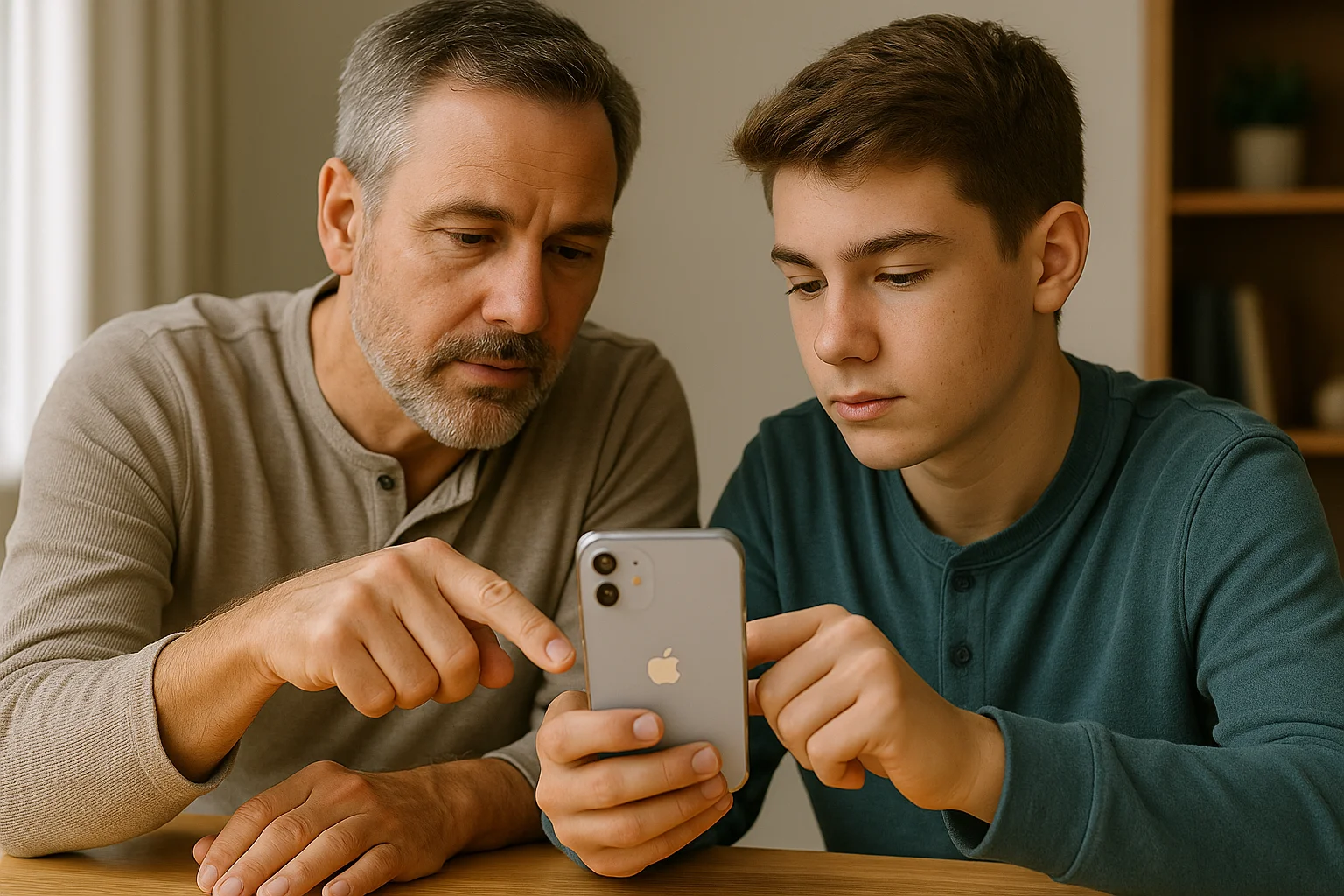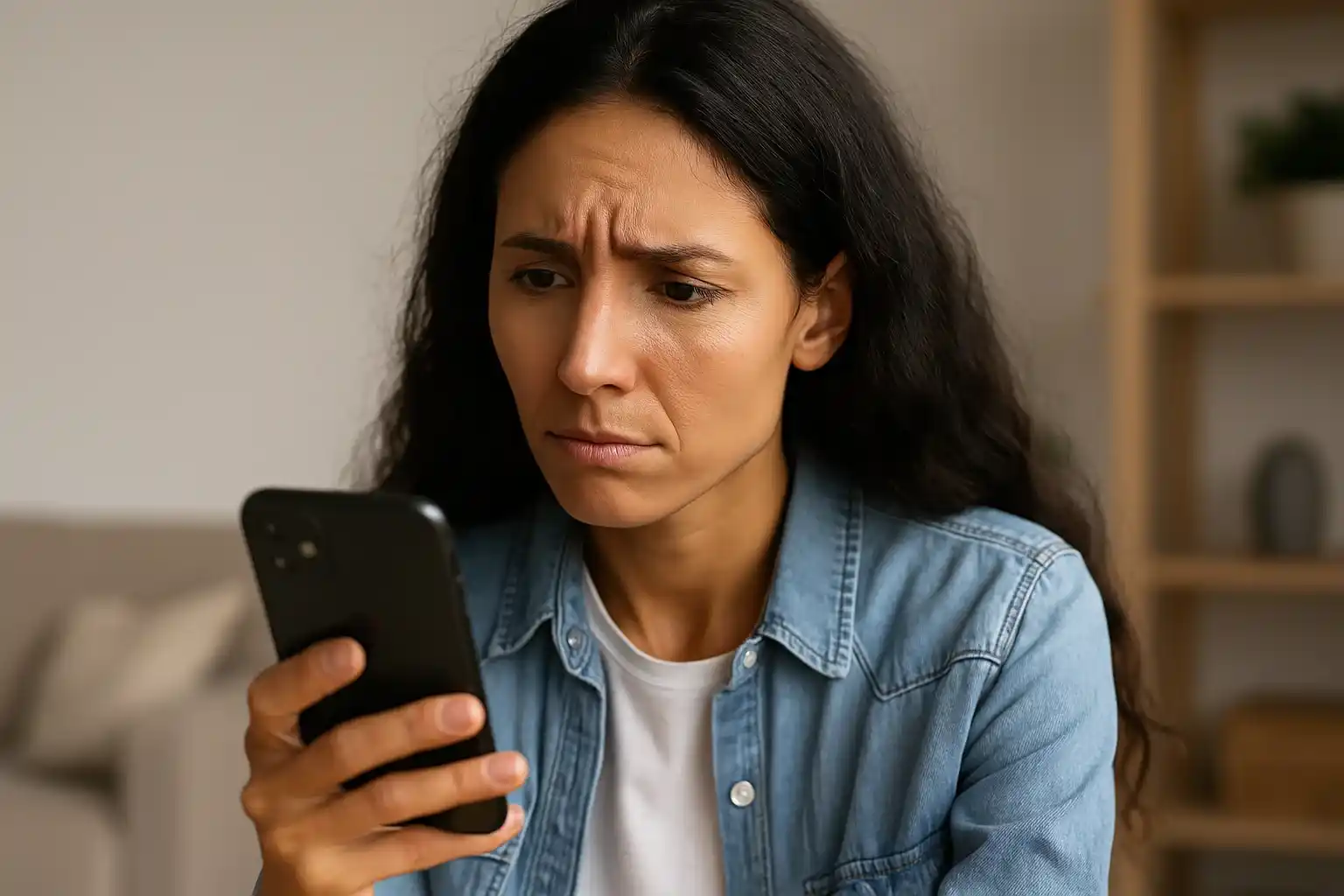Because of social media notifications, many work chats, and endless news, our brain is always working to remember a lot of information. This can be a good thing because it gives our brain a good workout, but it can also make us tired and make it hard to focus.
Sometimes we start to forget small things like where we put our keys or the name of a new person at work. The problem is that our memory can become weaker as we get older or when we have a lot of stress, so we need to train it like we train our muscles.
Many people think memory improvement games are just for fun and for passing the time, but actually, the right ones can be more than helpful.

Theoretical Foundations of Memory Improvement
Before we talk about games, we should understand how our memory works. You can think of your memory as a very big library in your brain.
- Short-term memory. For example, you remember a phone number that someone just told you, and this information stays there for a few seconds or minutes, but it will disappear if you do not use it or repeat it.
- Long-term memory is where you keep memories from your childhood, the times table, or how to ride a bicycle. Information goes from short-term to long-term memory if you repeat it often or if it is an important memory for you.
- Working memory lets you not only keep information but also work with it at the same time. For example, when you do math in your head, you keep some numbers in your mind and do math with them at the same time.
The main things that games train are:
- Attention: Games teach us to focus on one thing and not get distracted.
- Repeating: To win games, we have to remember and repeat the order of things, pictures, or rules.
- Connections: We learn how to connect new information with things we already know, and this makes it easier to remember new things.
Games as a Tool for Memory Training
- “Memory” is a game where you have to match pairs. It is a simple but strong game for training visual memory. Cards are on a table with the picture side down. You turn over two cards, and if they are the same, you keep them. If they are not, you turn them back over. You have to remember where each card is.
- Chess, checkers, Go. These games help you train working memory and planning more than just remembering facts. You have to keep many possible moves in your mind and think about what will happen a few steps in the future, and this is exactly what it means to work with information “right now.”
- Sudoku, crosswords, puzzles. These make your brain work hard with numbers, words, and logic, which improves your focus and short-term memory.
- Word games. For example, “Cities” or “Associations.” You do not just repeat words; you look for new words in your memory and connect them to each other.
Digital games and apps are a new type of old puzzles. Their main advantage is that you can use them easily. You can play them anywhere and anytime: on a train, in a line, or during a break at work.
- Trainer apps (like Lumosity, Peak, Elevate). They have many small games that train different parts of your memory. There are games to remember a series of things, games for how fast you react, and games for focus.
Everyday games are ones we can think of ourselves. For example, remembering a list of things to buy from the store by playing with the words, or when you walk around a city, you can try to remember the names of the streets.
Scientific Studies and Proof
- Good results. Many studies show that training with games can make working memory better. For example, in one study, people who played Dual N-Back for a few weeks had much better scores on tests for working memory. Games also help people have a faster speed of thinking and better focus.
- Problems and limits. Not all studies say the same thing. Some scientists think that the good effects of the games do not always last for a long time. This means that when you get better at one game, that skill does not always help you in real life, like at work or school. Also, the effect can be different depending on a person’s age, health, and how much they want to do it.
Examples of Memory Improvement Games
| Name | What it does | Special things | What it helps |
| Mind Elevate | An app for helping you talk and think better | Games for remembering words and names, with difficulty that changes for you | Memory for words, reading, and writing |
| Lumosity | One of the most famous apps with games made by scientists | More than 60 games, a personal training plan, and a way to see your progress | Speed, attention, memory, and flexible thinking |
| Peak | A popular app with a good look and daily “brain workouts” | Games for memory, focus, solving problems, and language, with lots of facts about your progress | Memory, focus, solving problems, and language skills |
| CogniFit | A website made by people who study the brain | It looks at how your brain works and then makes personal training plans | The weak parts of your brain skills |
| Dual N-Back | A way to train your working memory, now a game | You remember and compare a series of sounds and pictures | Working memory and focus |
How Memory Games Can Help You Every Day
The skills you learn while playing these games are not just for fun, and they can help you in your daily life. A better memory and focus can make many everyday tasks easier.
For example, if you play games that make you remember pictures and objects, you might find it easier to remember where you put your keys or glasses. When your brain is better at holding information in its working memory, you can remember a short shopping list without needing to write it down.
You can also remember the names of new people you meet, which is very helpful in social situations and at work.
Games that help you focus can make you better at your job or with your homework because you can concentrate for a longer time.
They also help you with new hobbies, so you can learn a new language or how to play an instrument faster because your brain is better at remembering new things. In this way, playing games is not just for fun; it is a smart way to make your daily life smoother and to feel more confident in your ability to remember things.
Memory Games in School and Learning
- For children: Games are the best way to teach a child to focus and remember things. Instead of boring learning by heart, children play “Memory,” put together puzzles, or participate in word games. In this way, they learn to have a better memory, attention, and logical thinking in a fun way, which helps them do better in school.
- For students and adults: Games can be a good way to get ready for tests or do better at work. For example, training working memory can help you focus better in class or learn new information faster.
- A way to help people get better: Games are also used to help people, especially older people. Training your brain regularly can help slow down memory problems that come with age and can also help stop some brain problems.

Future Ideas and New Directions
- Virtual and augmented reality (VR/AR). You can imagine training your memory for places by walking around in a virtual castle and remembering where things are. Or you can remember history facts by “walking” through the streets of ancient Rome.
- Making therapy into games. Scientists are working on changing boring therapy exercises into fun games. For example, for people who are getting better after a problem with their brain.
- Artificial intelligence. In the future, AI will create personal training plans that will change for each person’s needs, how tired they are, and what they want to do. The games will get harder when the brain is ready for a new challenge and easier when it needs a rest.
Conclusion
You can download one of the apps on your phone, play chess with a friend, or just do crossword puzzles when you have free time.
The most important thing is to do it regularly.
It’s never too late to start investing in your health, just try to introduce healthy habits into your life and don’t forget how they will become an integral part of your life. Don’t forget that habits are developed in just 21 days and will eventually become an automatic part of your daily routine.




